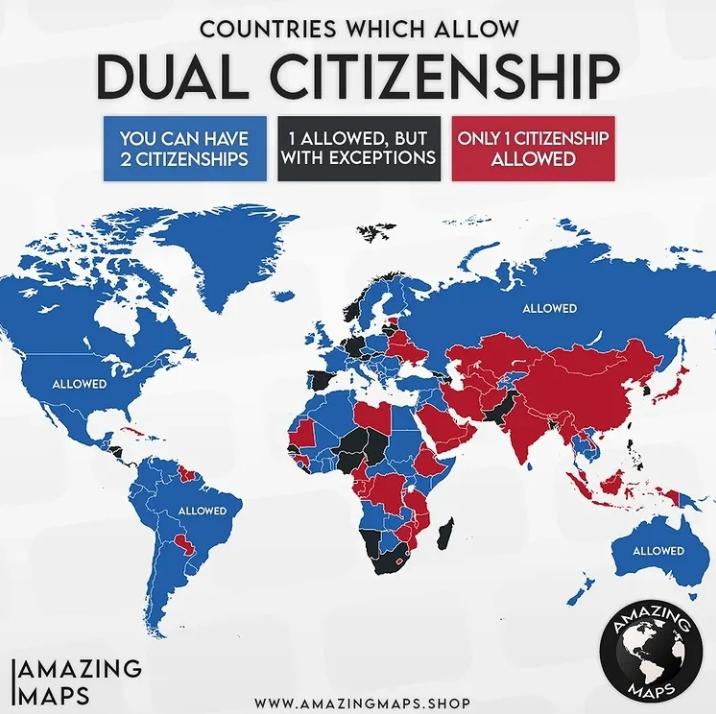Can you pledge allegiance to more than 1 country?
I have nothing but sympathy for Ksenia Khavana, the ballerina with dual Russian-American citizenship who was arrested and charged with treason during a visit to family in the country of her birth.

She was charged with treason reportedly because she made contributions to Ukrainian humanitarian causes, and has taken Ukraine’s side in the war started by Russia.
She joins several other Americans being held in Putin’s Russia, but she is the only one with dual citizenship.
That is a concept I reject, most especially with a nation that is, let’s face it, an enemy. Bisexual is one thing, binational is another.
Here is the Oath of Allegiance that Khavana swore before receiving U.S. citizenship:
“I hereby declare, on oath, that I absolutely and entirely renounce and abjure all allegiance and fidelity to any foreign prince, potentate, state, or sovereignty, of whom or which I have heretofore been a subject or citizen; that I will support and defend the Constitution and laws of the United States of America against all enemies, foreign and domestic; that I will bear true faith and allegiance to the same; that I will bear arms on behalf of the United States when required by the law; that I will perform noncombatant service in the Armed Forces of the United States when required by the law; that I will perform work of national importance under civilian direction when required by the law; and that I take this obligation freely, without any mental reservation or purpose of evasion; so help me God.”
Notice the italic portion.
How can you retain citizenship in another country to which you have renounced your allegiance?
That’s what I wanted to ask the U.S. Department of State.
I called the listed phone number to find out, but all that number does is tell you to email questions to State, like so many American businesses that no longer list a phone number. Are you a customer, or an annoyance?
I emailed State a question about why the U.S. allows dual citizenship when that contradicts the oath of allegiance. I wanted to know when this practice started, and why.
While I waited for an answer, I did some research.
There are 62 countries with which America will share its citizens.
Dual citizens are expected to obey the laws of both countries, and that could cause conflict.
They also could be required to serve in the other country's military, when service is mandatory.
Dual citizenship is legal, but is it smart?
In some cases, maybe.
Let’s say you are a dual citizen of the U.S.A. and Ireland and you are planning to visit a country that is hostile to the United States. Let’s say, Russia.
You would be better off traveling as an Irish citizen, less likely to be arrested and detained.
On the other hand, you might be subject to taxation in both the U.S.A. and Ireland.
Me? I would tell a dual citizen to make up your damn mind — us or them.
How do you feel about dual citizenship?



